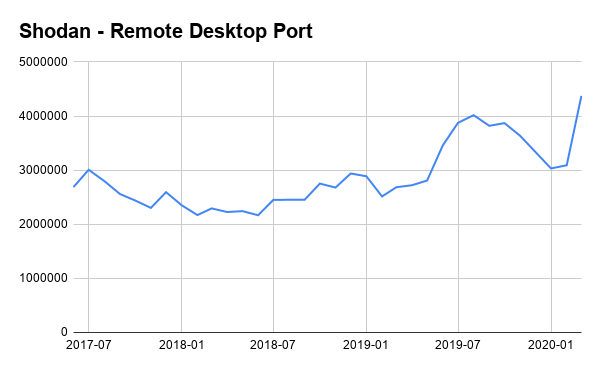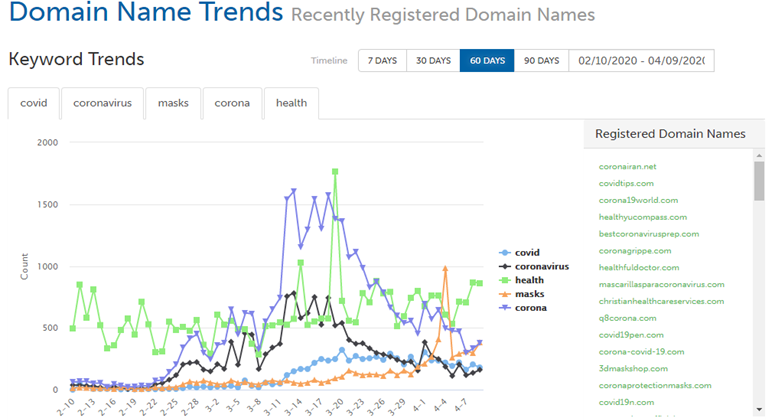Hello Webroot Community,
I wanted to create a space for us to come together and discuss Webroot and COVID-19.
Consider this our office hours.
In case you might have missed it, we created a page here where we’ll keep a running list of articles, blog posts, and other pieces of content about our COVID-19 response.
If you have specific questions on what we’re doing as a company during the pandemic and our tips for how you can stay cyber resilient in these uncertain times.
Please add your questions below or join us Tuesday, April 28, 2020, at 1:00 PM - 1:30 PM MT.






